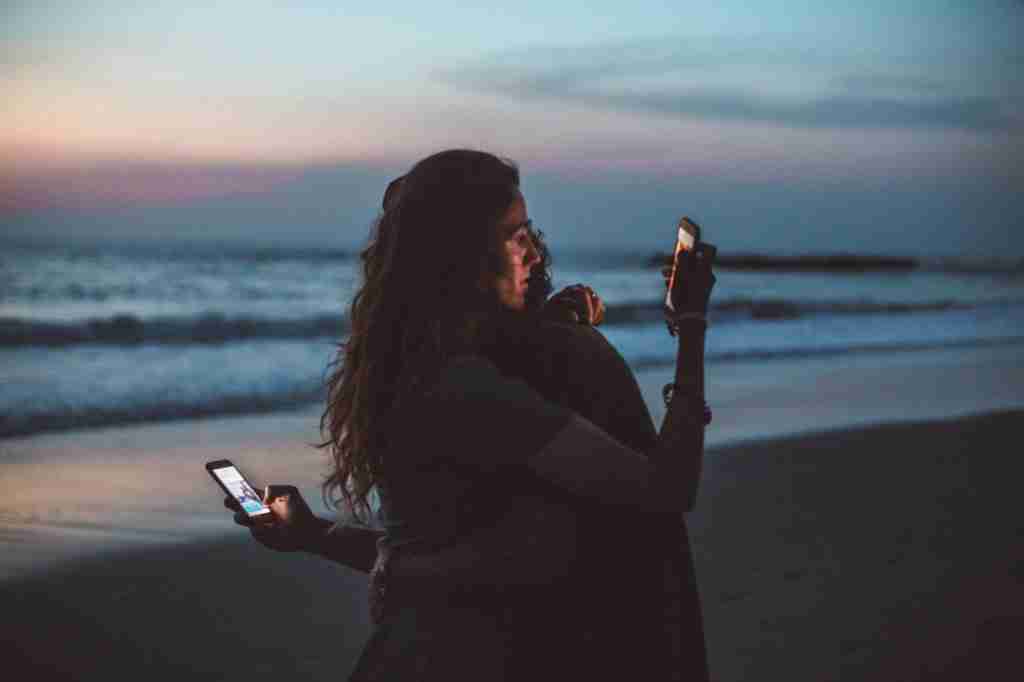JFK’s assassination, Bill Gates, Covid-19, 5G, Chemtrails, and Princess Diana’s death. What do all these things and people all have in common? Well, they’re part of widely-known conspiracy theories. But why, exactly? We’re going to take a deeper dive into the reasons why some people fervently believe in conspiracy theories.
It’s human nature to see patterns and clues in everything and to use these to try and make sense of the world around us. Many of us scoff at the idea of conspiracies, but research shows that roughly 80 percent of people in the US do believe in at least one unproven theory – even if it’s not a conspiracy theory.
The common theme of conspiracy theories is that there’s a shadowy group of people who are working behind the scenes to accomplish some sort of sinister outcome. Now, there are actually real evil conspiracies, such as terrorist groups and sex trafficking rings, but it seems that more and more people are choosing to believe in theories where no real proof exists.
In the age of social media, it’s easier than ever for misinformation to spread, and for everyone to access it. It comes as no surprise then, that conspiracy theories are gaining in popularity, with more and more people turning to them.
Why people turn to conspiracy theories
Conspiracy theories really seem to get rolling during uncertain and unsettled times, like a global pandemic, after a terrorist attack, or the death of a prominent person or celebrity. These shocking and upsetting events can lead people to look for other ways to make sense of an apparently senseless situation, such as a conspiracy theory. Believing in a conspiracy theory is one way for a person to regain control in a suddenly frightening world, and could reduce uncertainty and anxiety in that person.
There is also the desire to be a part of a like-minded group, as well as the thrill of solving mysteries, or being the smart ones ‘in the know’ when their friends and relatives refuse to believe in their conspiracy theory. Those who don’t believe are often called ‘sheeple’, suggesting their willingness to blindly follow along with the majority of society.
Another reason can be our tendency to look for and find patterns in things. Our brains have evolved to enable us to see these patterns, even when they are random and not connected, like meeting four people called Jim in one day or seeing Elvis’s face appear in the clouds. It’s called apophenia, and experts believe we evolved to find patterns in random things so we could very quickly make sense of the world around us.
Why people believe in them
However, apophenia (errors in perception) makes us more prone to seeing connections to specific events or people where none actually exist. So why doesn’t everyone believe in conspiracy theories, then? Not everyone seems to be vulnerable to seeing conspiracies everywhere. Some experts on conspiracy theories have researched the personality traits and thinking styles of conspiracy theorists and discovered that certain characteristics may be common among them. These include a low level of trust in others, paranoid and suspicious thinking, and the feeling that the world is a bad, dangerous place. New research also indicates that believing in conspiracy theories is more common in people who need to feel unique and special. There’s also confirmation bias. This is where a believer disregards information or facts that could disprove their beliefs, while also seeking out information that specifically supports their theories.
It’s no surprise conspiracy theorists tend to gather in specific groups on social media, where they can hear views that support their own, whilst denying the information provided by anyone who dares contradict them.
If you’d like to read some of our similar articles, you can find them here:
Stop The Spread (of Covid-19 Misinformation) – Copecentre
Keeping on top of mental health through COVID-19 – Copecentre
